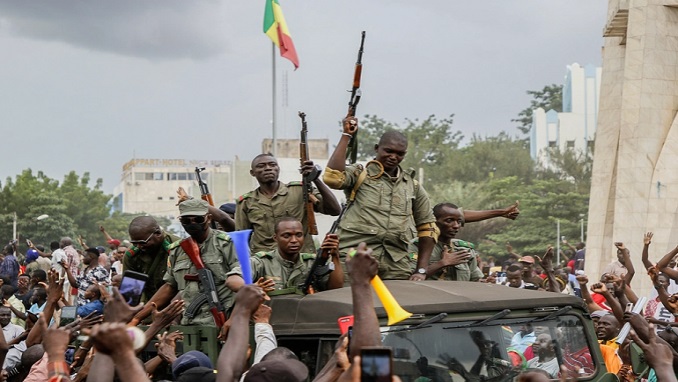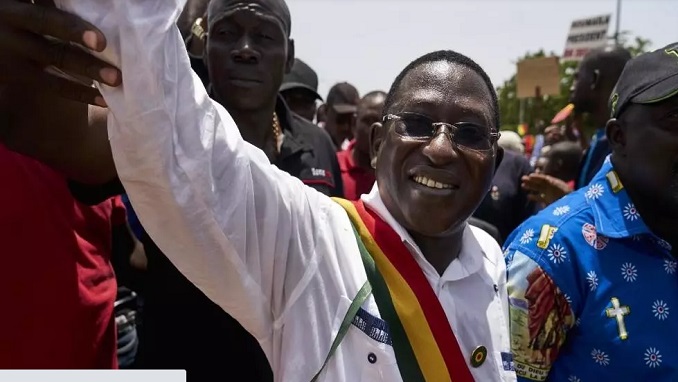The prosecutor’s office of Mali on Thursday charged six people, among them former Prime Minister Boubou Cisse, for attempting to organize a coup in August, French public radio broadcaster RFI reported.
Cisse’s whereabouts remain unknown, while five others of the accused, including a popular radio host and officials of the state treasury, were detained on 21 December. Cisse has previously denied all accusations against him.
Apart from Cisse, those charged include his half-brother Aguibou Tall, who runs an agency connected with telecommunications, and Mohamed Youssouf Bathily, a campaigner and radio presenter popular among young Malians and whose stage name is Ras Bath.
The others are Vital Robert Diop, director of Mali’s Pari Mutuel Urbain (PMI), an agency that is in charge of gambling on horse races, and two senior financial officials, Mamadou Kone and Souleymane Kansaye.
The secretary of the president’s office, Sekou Traore, who holds the ranks of a minister and magistrate, has also been detained as part of the investigation, but was later released. His case was referred to the Supreme Court.
Cisse was serving as prime minister at the time of the August 18 military coup, which led to the resignation of then President Ibrahim Boubacar and the dissolution of the parliament. Threatened by international sanctions, the military rulers handed power to a caretaker institution.
On 12 September, the military rulers appointed former Defence Minister Ba N’Daou as the transition president and formed the interim government set to rule for 18 months until elections are held.

But disenchantment at the slow pace of reforms is growing, increased by accusations that figures with army links dominate the transitional government. In its statement, the prosecutor’s office did not use the term “attempted coup” as the lawyers did.
It alleged there had been deeds that “harmed domestic security” and serious evidence of a “criminal enterprise” and “actions to sabotage” initiatives taken by the transitional authorities.
On Monday, security sources said a number of people had been detained on December 21, while the prosecutor’s office said a “preliminary inquiry” had been opened “relating to violations of state security”.
In the run-up to their arrest, social media posts said there had been a scheme to “destabilise” Mali’s post-coup transitional institutions. Mali, an impoverished landlocked country in the heart of the Sahel, is notoriously volatile. The August 18 coup was the fourth since the nation gained independence from France in 1960.
It came after weeks of escalating protests against Keita, who had become unpopular over perceived corruption and failures to roll back an armed rebellion that has claimed thousands of lives since 2012 and forced hundreds to flee their homes.
